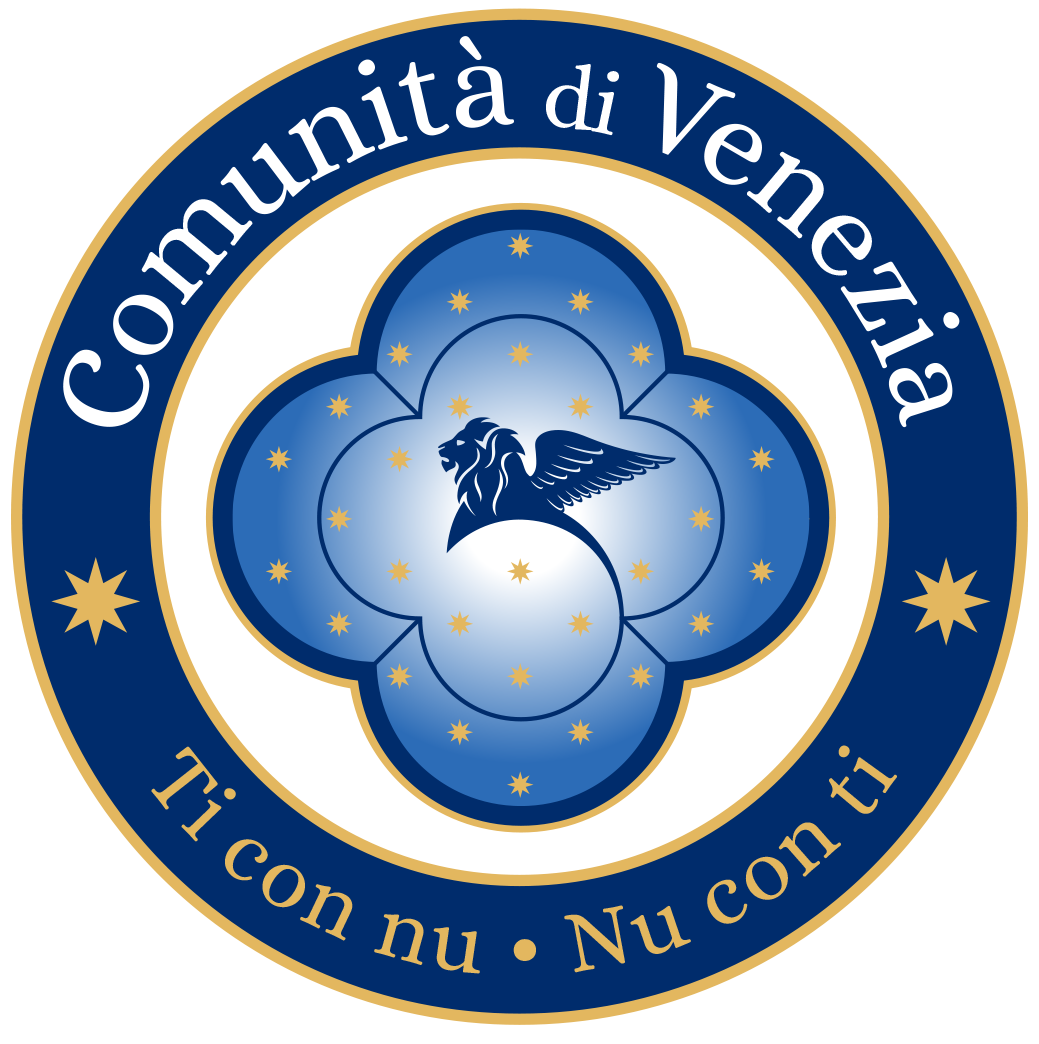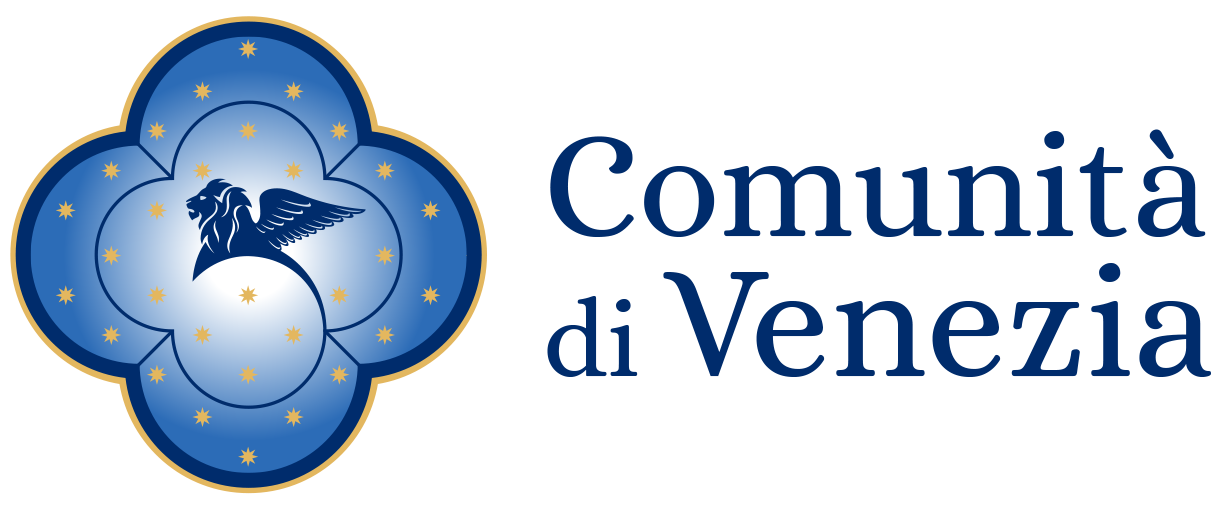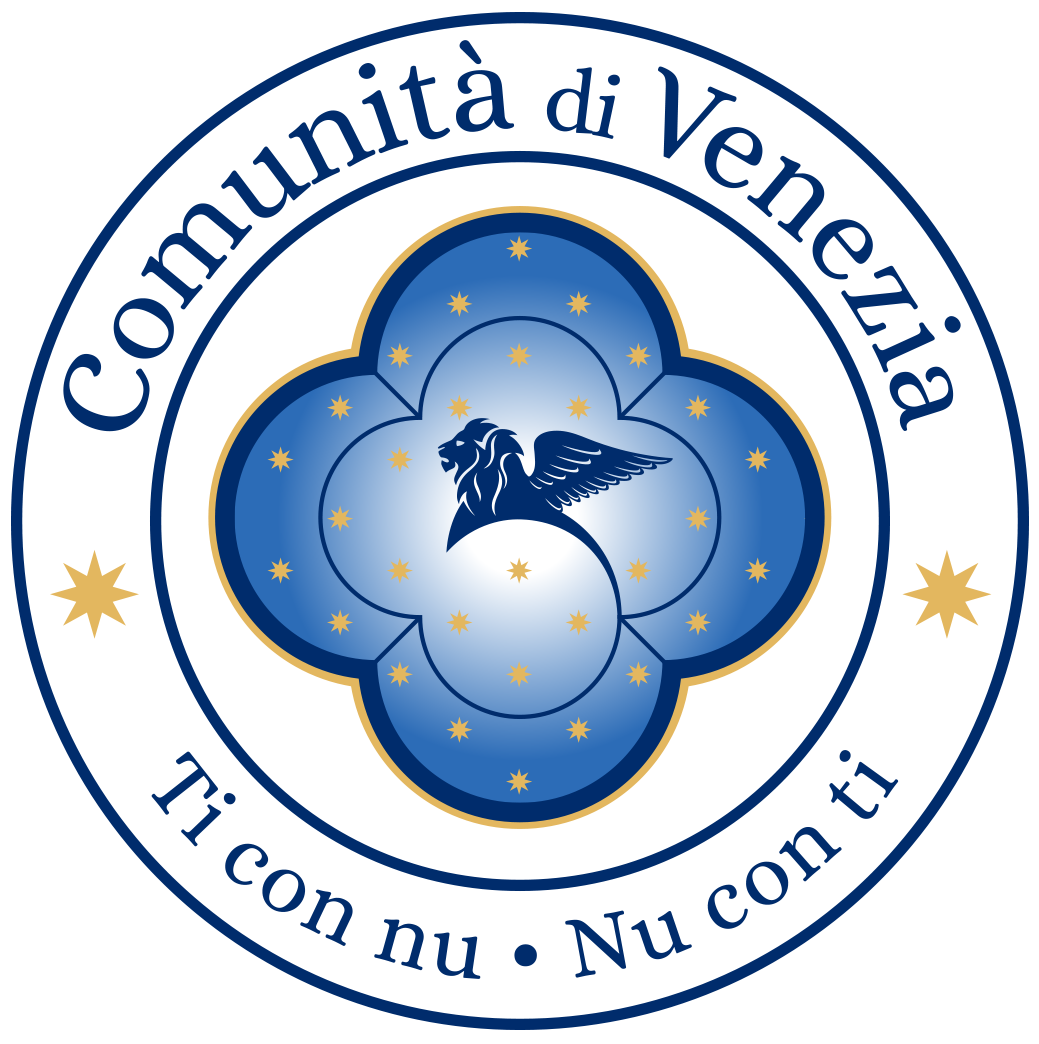Identità e Mission
Il nostro logo
Identità e Mission
Il nostro logo
Il cielo stellato
Simbolo di ripresa e libertà.
Le stelle sono dall’antichità considerate come punti di orientamento.
In questo cielo stellato ritroviamo il nostro impegno costante per essere punti di riferimento verso un nuovo percorso di vita per coloro che entrano a fare parte delle nostre comunità.
Il leone
simbolo di Venezia; città in cui la nostra Cooperativa nasce, cresce e da cui prende il nome.
Il simbolo del leone esprime il significato di forza ed orgoglio. Le ali sono invece il simbolo della libertà.
In questa immagine risiede il nostro pensiero: “L’orgoglio per ciò che abbiamo costruito e per cui ogni giorno lavoriamo; e la volontà di restituire a chi si affida alle nostre cure la libertà a cui hanno diritto”.
Ti con nu; Nu con ti
La nostra politica di intervento. Con questa frase vogliamo evidenziare che, in ogni percorso, l’impegno preso sarà reciproco.
Non è solo chi si affida a noi ad intraprendere un nuovo cammino; ma saremo assieme, ad ogni passo.
Se tu sei con noi, noi ti staremo accanto.

Il leone
simbolo di Venezia; città in cui la nostra Cooperativa nasce, cresce e da cui prende il nome.
Il simbolo del leone esprime il significato di forza ed orgoglio. Le ali sono invece il simbolo della libertà.
In questa immagine risiede il nostro pensiero: “L’orgoglio per ciò che abbiamo costruito e per cui ogni giorno lavoriamo; e la volontà di restituire a chi si affida alle nostre cure la libertà a cui hanno diritto”.

Ti con nu; Nu con ti
La nostra politica di intervento. Con questa frase vogliamo evidenziare che, in ogni percorso, l’impegno preso sarà reciproco.
Non è solo chi si affida a noi ad intraprendere un nuovo cammino; ma saremo assieme, ad ogni passo.
Se tu sei con noi, noi ti staremo accanto.

